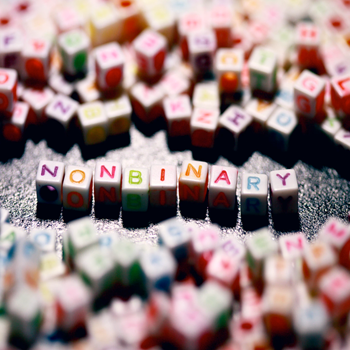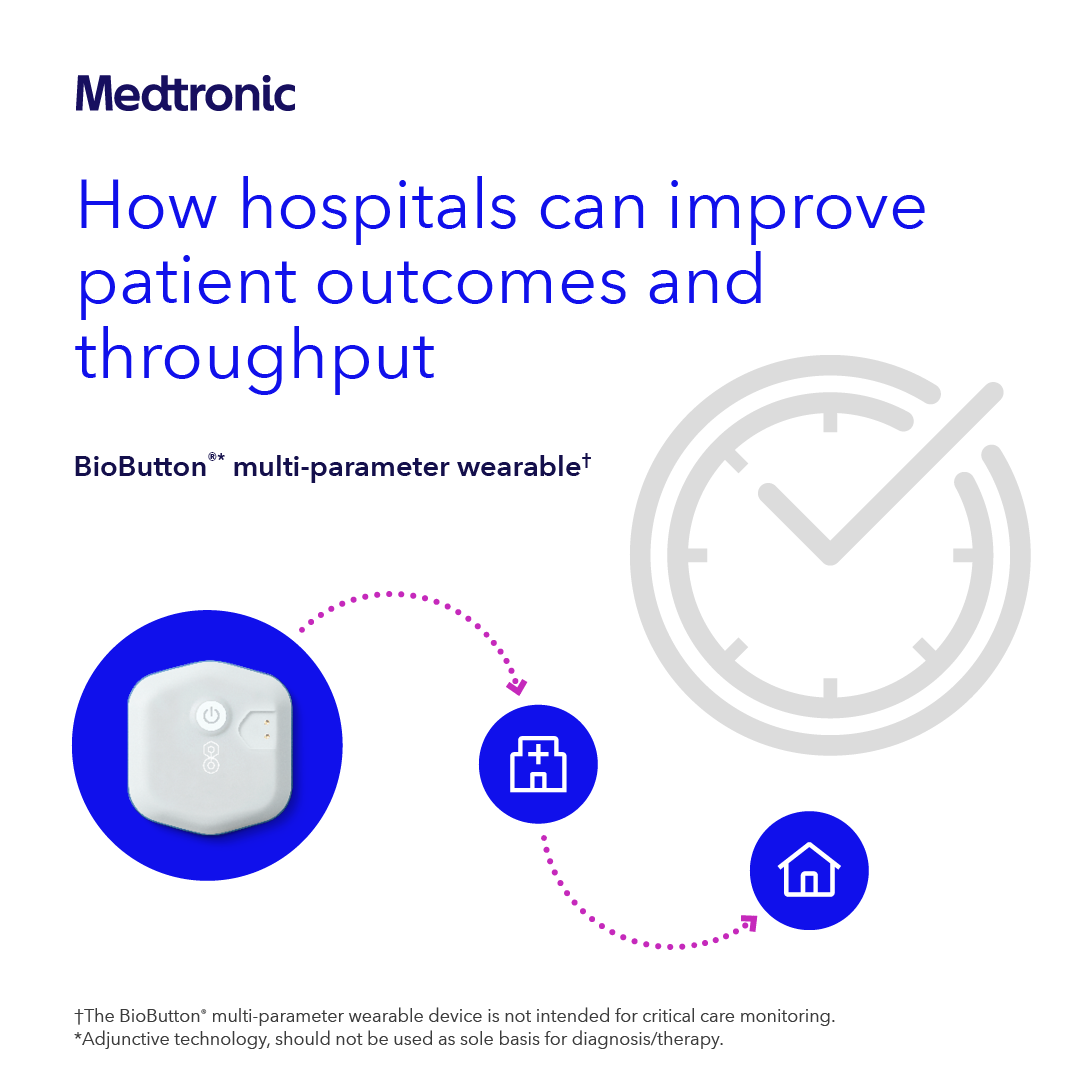Pronouns - A Key to Patient and Staff Inclusivity

Most people have probably seen a transgender or non-binary person on television or in the news, even if they don’t know anyone who identifies as trans or nonbinary in real life yet.
This summer we saw a trans woman become Miss Nevada and advance to the Miss USA pageant. Two transgender athletes competed in the Olympics for the first time. But unfortunately, we still have a long way to go to normalize and accept trans and non-binary people in our society.
At the hospital where I work we have had to do a health stream module on gender identity for the last few years. Every year, I still hear complaints from co-workers and protests along the lines of how “stupid” it is that we have to do this.
Registered Nurses don’t always consider that, even if they think there are no patients and family members listening, their words might still be harmful and hurtful to someone.
A former co-worker Robin, who is a critical care RN, recently told me, “I have heard co-workers making fun of transgender individuals. They of course didn’t realize I have a transgender child. The word ‘trani’ is very offensive.”
So, as a Registered Nurse, what can we do to make our workplaces more comfortable for our transgender patients and co-workers?
One simple thing is to document patients’ pronouns in their electronic health record, and make is easily visible to all staff who are caring for the patient.
I work in California and many hospitals are already doing this. Nurses should advocate for this in their organizations if it is not already being done. Nurse educators and nursing leadership should also provide education on gender identity and pronouns to their staff if they are not doing so yet.
In the last couple years, I’ve seen several people start using their pronouns as part of their title in zoom meetings or email signatures, but this has been mostly in an academic setting.
This should become the norm at healthcare organizations as well. I haven’t seen pronouns on hospital badges and I think this is something that organizations should begin implementing.
This would help to normalize using everyone’s pronouns. It would prevent misgendering and make trans and non-binary patients and staff feel more comfortable.
Registered Nurses should not be afraid to ask a patient their pronouns. Most patients would rather be asked than have someone assume and misgender them.
My name is Erin and I’m going to be your nurse today. My pronouns are she and her. What are yours?
We discussed this recently in a Health Assessment lab that I teach and a student suggested that if an RN is uncomfortable asking, they could simply introduce themselves by saying, “My name is Erin and I’m going to be your nurse today. My pronouns are she and her. What are yours?” It really is that simple.
related Article Information
- Learn more about gender identity
- Miss Nevada
- Olympic Athletes
Photo credit: Sharon McCutcheon



